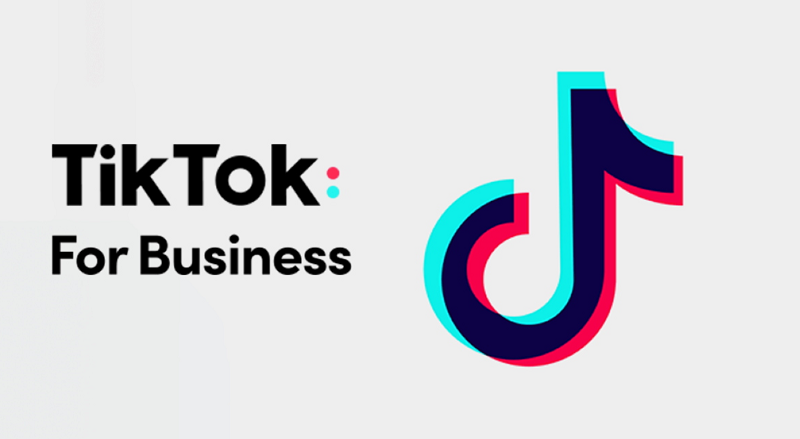In the dynamic landscape of modern business, social media has emerged as an indispensable tool for marketing. With billions of users worldwide, social platforms offer businesses an unprecedented opportunity to connect with their target audience, build brand awareness, and drive conversions. However, not all social media platforms are created equal when it comes to business marketing. In this article, we will delve into the top six best social platforms for effectively marketing your business and maximizing your online presence.
1. Facebook: The Pioneer of Social Marketing
With over 2.8 billion monthly active users, Facebook continues to dominate the social media scene, making it an undeniable powerhouse for business marketing. Its diverse user base spans generations and demographics, making it an ideal platform for businesses seeking broad reach.
Facebook's business pages provide a canvas for brands to share their story, display products, and engage with their audience through comments, likes, and shares. The platform's robust advertising options enable businesses to target specific audiences based on interests, behavior, and demographics, ensuring your message reaches the right people.
The integration of Instagram with Facebook enhances your marketing strategy further, tapping into Instagram's visually-driven user base and its immersive Stories feature. Facebook's analytics tools offer valuable insights into audience engagement, allowing businesses to fine-tune their strategies for optimal results.
2. Instagram: Visual Storytelling at its Finest
Instagram's aesthetic appeal and emphasis on visual content have propelled it to over 1 billion monthly active users. This platform is a goldmine for businesses looking to showcase products and services through captivating imagery and short videos.
The power of Instagram lies in its ability to foster genuine connections between brands and consumers. Features like Stories, IGTV, and Reels enable businesses to share behind-the-scenes glimpses, tutorials, and user-generated content. The introduction of shoppable posts allows users to seamlessly move from inspiration to purchase, minimizing the friction in the customer journey.
3. Twitter (X): Real-time Engagement and Brand Personality
With its rapid-fire format and 330 million monthly active users, Twitter offers a unique avenue for businesses to engage in real-time conversations and establish a distinctive brand voice.
Twitter's succinct nature requires businesses to be concise and creative in their messaging. Hashtags enable participation in trending topics and increase discoverability. The platform's advertising options, including promoted tweets and trends, can amplify your brand's reach, while direct messaging facilitates personalized customer interactions.
4. LinkedIn: The Professional Network for B2B
When it comes to B2B marketing and professional networking, LinkedIn stands as the platform of choice. Boasting 774 million members, it provides a space for businesses to connect with industry peers, professionals, and potential clients.
LinkedIn's business pages showcase a company's expertise, facilitate thought leadership, and broadcast job opportunities. Sharing industry insights through articles and posts positions your brand as an authority in your field. The platform's advertising options enable targeted campaigns based on job titles, industries, and company sizes, allowing you to reach decision-makers directly.
5. Pinterest: Inspiration and Discovery
For businesses with visually appealing products or services, Pinterest presents a unique opportunity. With 459 million monthly active users, it's a hub of inspiration and discovery, where users actively seek ideas and solutions.
Pinterest's focus on visuals, DIY projects, and lifestyle content makes it especially suitable for industries such as fashion, home decor, food, and beauty. "Pins" have the potential to drive substantial traffic to your website, serving as an enduring source of organic engagement. The platform's shopping features enable users to purchase products directly from pins, streamlining the conversion process.
6. TikTok: Captivating a New Generation
TikTok's explosive growth, with over 1 billion monthly active users, has turned it into a cultural phenomenon. Initially viewed as a platform for entertainment, it has now become a viable marketing channel for businesses targeting a younger audience.
TikTok's short-form videos demand creativity and authenticity, encouraging brands to embrace a more human and relatable approach. The platform's algorithm ensures content is shown to users with aligned interests, boosting discoverability. TikTok's advertising options, such as sponsored challenges and in-feed ads, offer brands a chance to join trending conversations and engage with the platform's enthusiastic user base.
In conclusion, harnessing the power of social media for business marketing requires a tailored approach. Each platform has its strengths and caters to specific demographics, industries, and content styles. Whether you're leveraging Facebook's reach, Instagram's visual storytelling, Twitter's real-time engagement, LinkedIn's professional network, Pinterest's inspiration, or TikTok's youthful energy, the key lies in understanding your audience and crafting a strategy that resonates. By utilizing these top six social platforms strategically, businesses can forge stronger connections, elevate brand awareness, and ultimately drive growth in the digital age.





